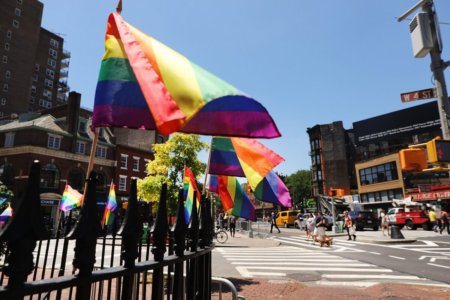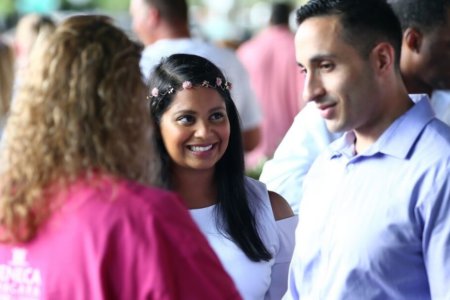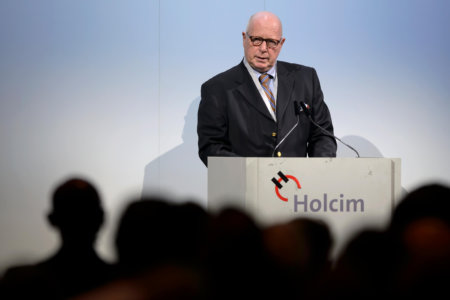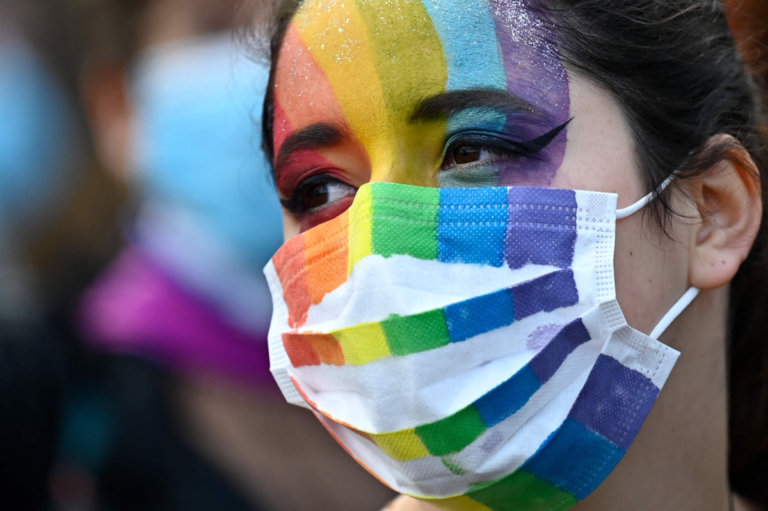
When considering overseas study destinations, LGBTQ students are bound to discover different levels of tolerance across the world. There are countries that still discriminate and persecute people for their sexual preferences, but on the bright side, many top education hubs are more liberal. In these places, you are free to dress, express, and love beyond binary codes.
Here are 10 countries with progressive attitudes and laws towards LGBTQ — they provide peace of mind for queer students who want to realise their dreams in an accepting environment.
Canada
National diversity is a point of pride in Canada, which has long accepted the LGBTQ community. It enacted anti-discrimination laws for LGBTQ individuals in the mid-90s and legalised same-sex marriage in 2003, which creates a safe space for queer students.
United Kingdom
In England and Ireland, the Equality Act 2010 keeps LGBTQ rights protected. Transgender people can legally change their gender, while same-sex couples can enter civil partnerships and adopt (in England and Wales). It is known as one of the most liberal places in the world for LGBTQ people.
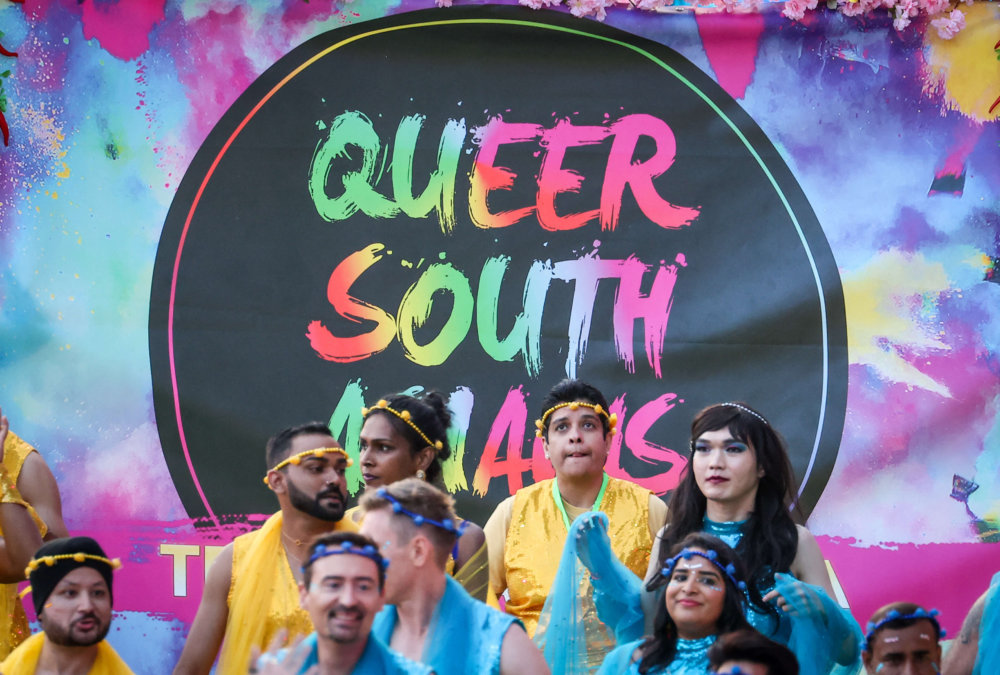
Gay pride events are an expression of freedom in countries that accept LGBTQ people. Source: David Gray/AFP
Australia
LGBT folk in Australia are protected from discrimination, with same-sex marriage legalised in 2017. Gay couples enjoy domestic partnership rights and may adopt children. Not to forget, Australia hosts some of the largest pride parades and events on its side of the world. It’s also in close proximity to another famously LGBT-friendly nation …
New Zealand
A global leader in establishing gay rights, New Zealand affords equal opportunity to members of the LGBTQ community and welcomes all forms of gender expression. Most Kiwis are therefore open and non-discriminatory, allowing all students to pursue their education without fear.
Denmark
Denmark began its reform all the way back in 1933 when it legalised same-sex relationships. In 1989, it became the first country to recognise gay unions when it allowed same-sex couples to be registered as domestic partners. It also provides comprehensive sex education in schools, which produces informed citizens. You will find several establishments and safe spaces in Copenhagen, which is also popular for its annual Pride parade.
Spain
Its Pride parades are vibrant and famed the world over, but Spain also has legislative rights in place for LGBTQ folks. It legalised same-sex marriage in 2005, making it a leader in the European gay rights scene.
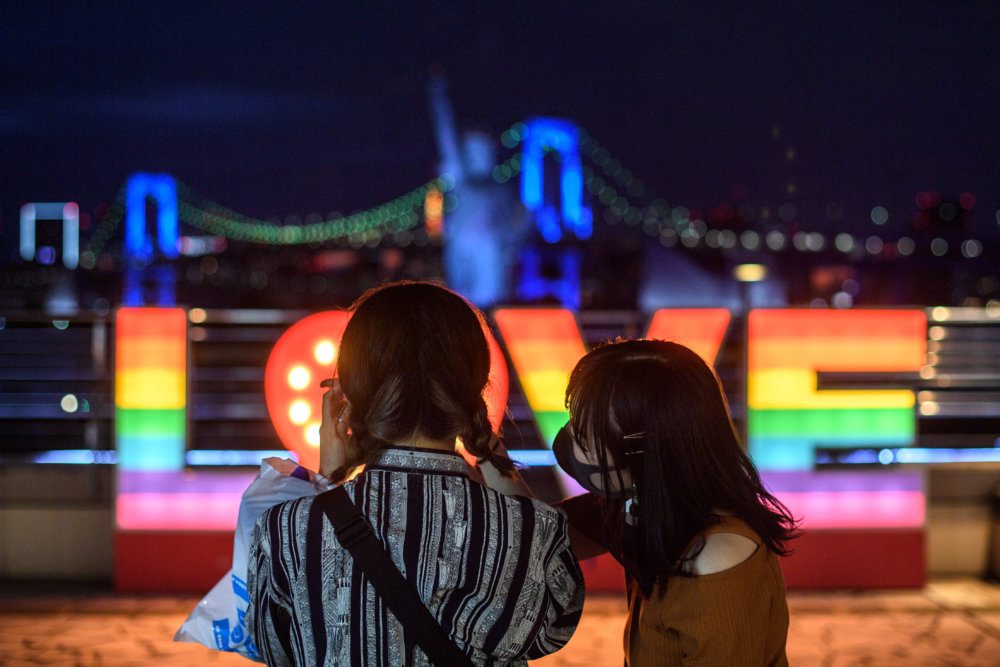
People wearing face masks take pictures at Odaiba area of Tokyo. Japan is the latest country to recognise same-sex unions. Source: Philip Fong/AFP
Japan
This Asian nation is the latest to join the list of LGBTQ-friendly countries. Though same-sex couples are not yet afforded the same legal rights as straight couples, its court recognised same-sex marriage as a constitutional right in March 2021, which will open the path to more accepting laws and attitudes in the conservative country. Many gay people may not be out, so while the LGBTQ scene is subdued compared to western countries, it is certainly alive in Tokyo, particularly Ni-chōme.
Sweden
Civil same-sex unions have been recognised for decades, but same-sex marriage was only legalised here in 2009. It has been rated the most LGBTQ-friendly country on the LGBTQ+ Danger Index. With its abundant natural beauty and high standard of living, Sweden is surely one of the top choices for students of any orientation.
Brazil
Argentina was the first South American country to embrace LGBTQ unions, and Brazil is a close second. When comparing their appeal among study abroad destinations, though, Brazil has a more promising range of offerings. Both Rio de Janeiro and Sao Paulo come alive with gay Pride events.
The Netherlands
Known as one of the most progressive nations in the world, the Netherlands enacted the Equal Treatment Act 1994. It bans discrimination on account of sexual orientation in employment, housing, and public accommodation, among others, so you know you’re in the land of equal opportunity here. Over 90% of Dutch people support gay rights, too.








